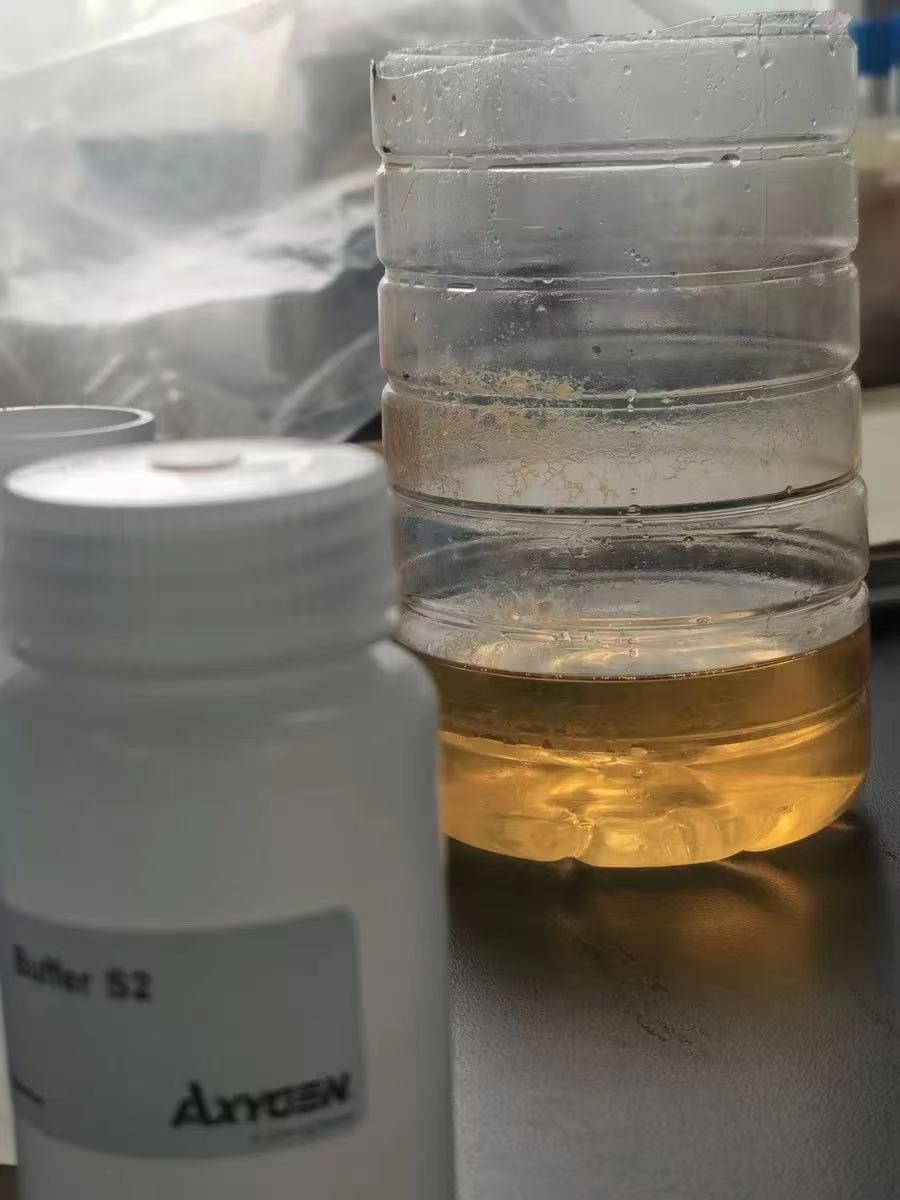
Abstract
Nowadays, gutter oil exists in the food industry at a very low cost, which threatens people's health. In order to solve the problems, we try to develop an efficient method to converge gutter oil into high value-added polyunsaturated fatty acids like linolenic acid. In this work, Yarrowia lipolytica has been selected as the model host to produce polyunsaturated fatty acids (linolenic acid) by using the waste oil in the kitchen waste as substrates. For this, we firstly enhance the ability of Y. lipolytica to utilize the waste oil by optimizing the fatty acid degradation pathway. Furthermore, the synthetic pathway of linolenic acid will be introduced into Y. lipolytica. The goal of this project is to make full use of the waste oil in the kitchen waste after simple treatment, so as to realize "turning waste into treasure".
Human Practice
With the increasing public concern for food safety worldwide, scientists have always been striving to solve dilemmas in food quality control from the root of the problem through cutting-edge technology. In recent year, Chinese people’s food safety concerns focus on “gutter oil”, which is made from discarded cooking oil and kitchen waste. Theoretically, there are many sources to dispose and reuse gutter oil, including manufacturing biodiesel and detergent. However, lack of mature policies of the biodiesel production leads to the low profitability, which further breeds the emergence of the “black market” that sends gutter oil back to the table.

To tackle this problem, Worldshaper-Nanjing came up with a new solution: converting gutter oil to γ-linolenic acid, a substance with high economic and nutritional value. To achieve the balance in cost and effectiveness, we consider the interdependence between different stakeholders to release the greatest potential of our approach.

Che Liu
Dry lab leader; Experiment; Human Practices;

Xinran Pan
Experment; Modeling;

Xuanyi Wang
Experiment; Communication&Education;

Kainan Huang
Communication&Education; Budgets;

Junyu Lu
Experiment; Human Practices; Communication&Education;

Yanqing Wang
Wet lab leader; Human Practices; Communication&Education; Parts;

Ruiqi Ma
Experiment; Human Practices; Communication&Education;

Han Wu
Experiment; Human Practices; Communication&Education;

Tianze Xie
Experiment; Human Practices; Budgets;

Zhijun Huang
Experiment; Communication&Education;

Yunqi Liu
Wiki; Modeling;

Mingzhe Zhang
Experiment; Wiki; Modeling;

Mingxuan Li
Experiment; Wiki; Modeling;

Xicheng Yang
Team leader; Experiment;










